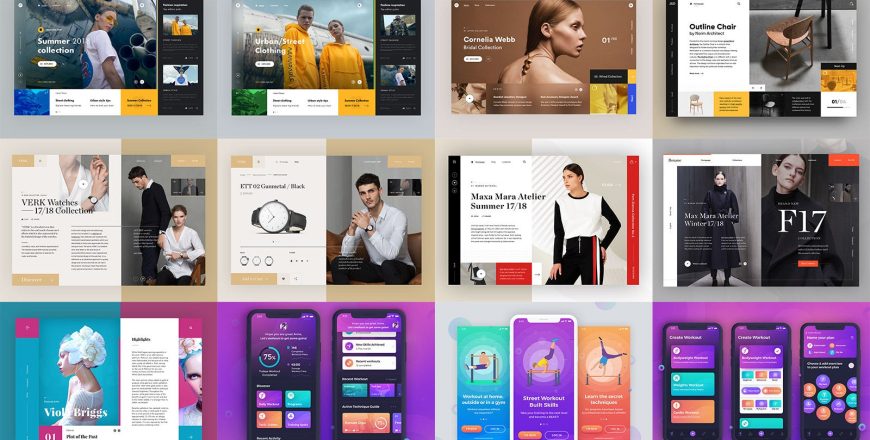America | Africa | Europe
Category
America | Africa | Europe
This comprehensive UI/UX Design course is designed to equip students with the essential knowledge and skills needed to become proficient in user interface (UI) and user experience (UX) design. From foundational principles to advanced techniques, students will embark on a journey that covers the entire spectrum of UI/UX design, from beginner to professional levels.
Course Objectives:
Understanding UI/UX Fundamentals: Students will gain a deep understanding of the principles, theories, and methodologies that underpin effective UI/UX design, including the importance of user-centered design and the distinction between UI and UX.
Mastering Design Tools and Techniques: Through hands-on exercises and projects, students will become proficient in using industry-standard design tools such as Figma, Sketch, Adobe XD, and other relevant software applications.
User Research and Analysis: Students will learn how to conduct comprehensive user research, including user interviews, surveys, and usability testing, to inform and validate design decisions.
Wireframing and Prototyping: Students will explore the process of wireframing and prototyping, from low-fidelity sketches to high-fidelity interactive prototypes, gaining insights into user flows, information architecture, and user interface design.
Visual Design Principles: Students will delve into the principles of typography, color theory, layout, and visual hierarchy to create visually compelling and aesthetically pleasing designs.
Responsive Design and Mobile UI/UX: Students will understand the principles of responsive design and mobile UI/UX, learning how to design interfaces that adapt seamlessly across various screen sizes and devices.
Design Systems and Component-based Design: Students will explore the concept of design systems and component-based design, enabling them to create scalable and consistent UI elements and patterns.
User Testing and Feedback: Students will learn how to conduct usability tests, gather user feedback, and iterate designs based on user insights, fostering a user-centric approach to design iteration.
UX Writing and Accessibility: Students will delve into the principles of UX writing and accessibility, learning how to craft clear, concise, and inclusive content that enhances the overall user experience.
Designing for Emerging Technologies: Students will explore the challenges and opportunities of designing for emerging technologies such as virtual reality (VR), augmented reality (AR), and voice interfaces, gaining insights into the future of UI/UX design.
Portfolio Development and Career Preparation: Students will develop a professional portfolio showcasing their UI/UX projects, receive guidance on resume building, job search strategies, and interview preparation, and explore opportunities for networking and career advancement in the UI/UX field.
Course Format:
By the end of the course, students will emerge with a comprehensive understanding of UI/UX design principles and practices, along with a portfolio of projects demonstrating their proficiency in designing user-centered digital experiences.
